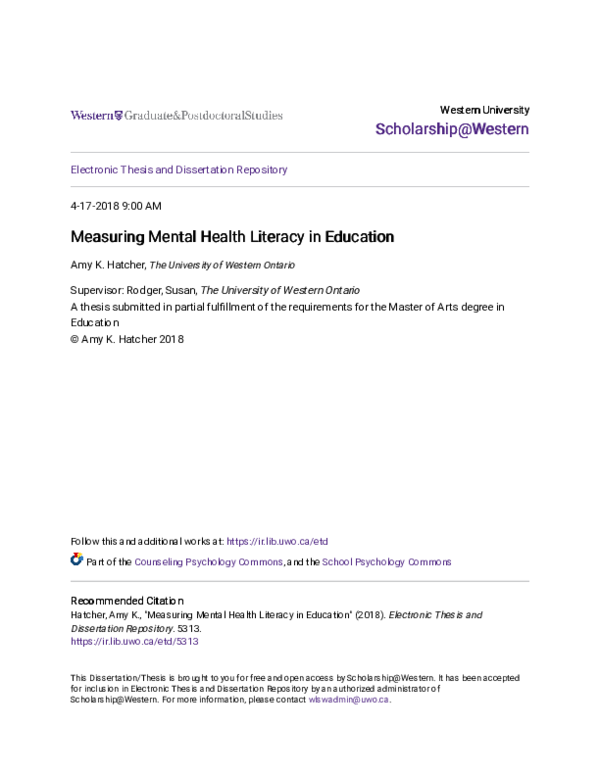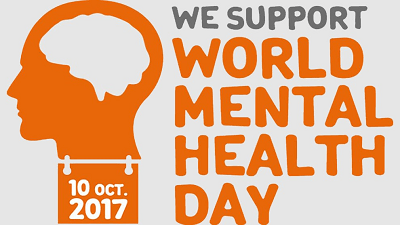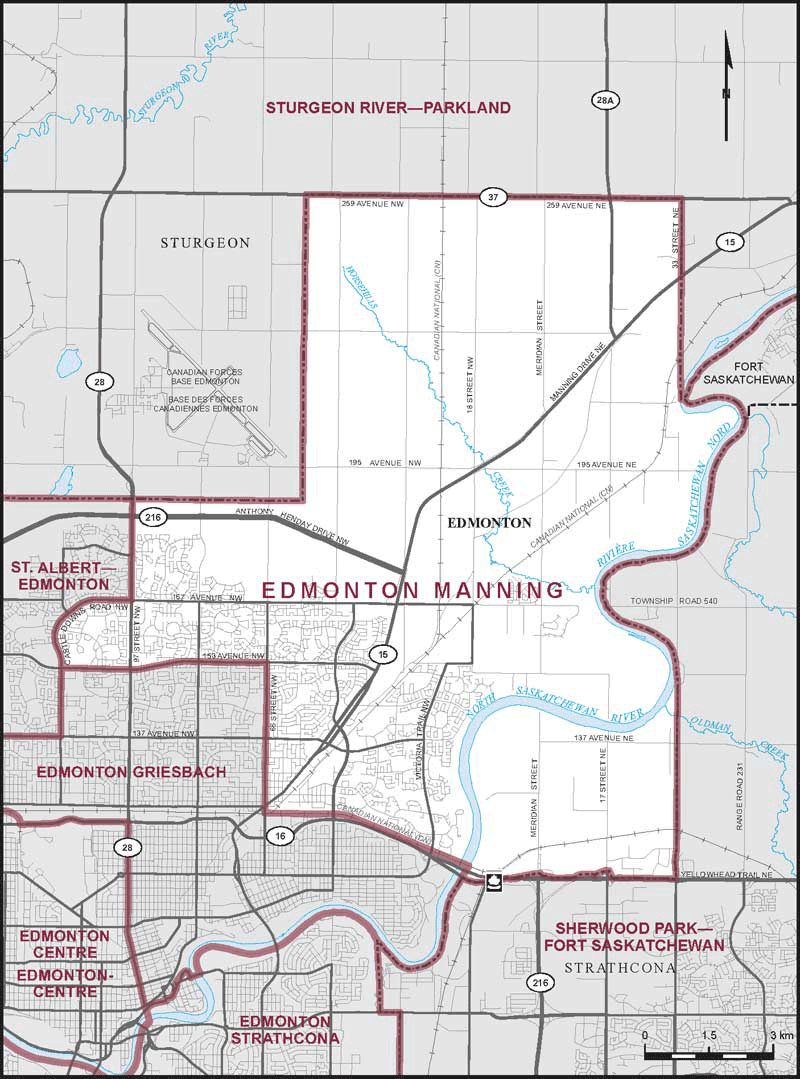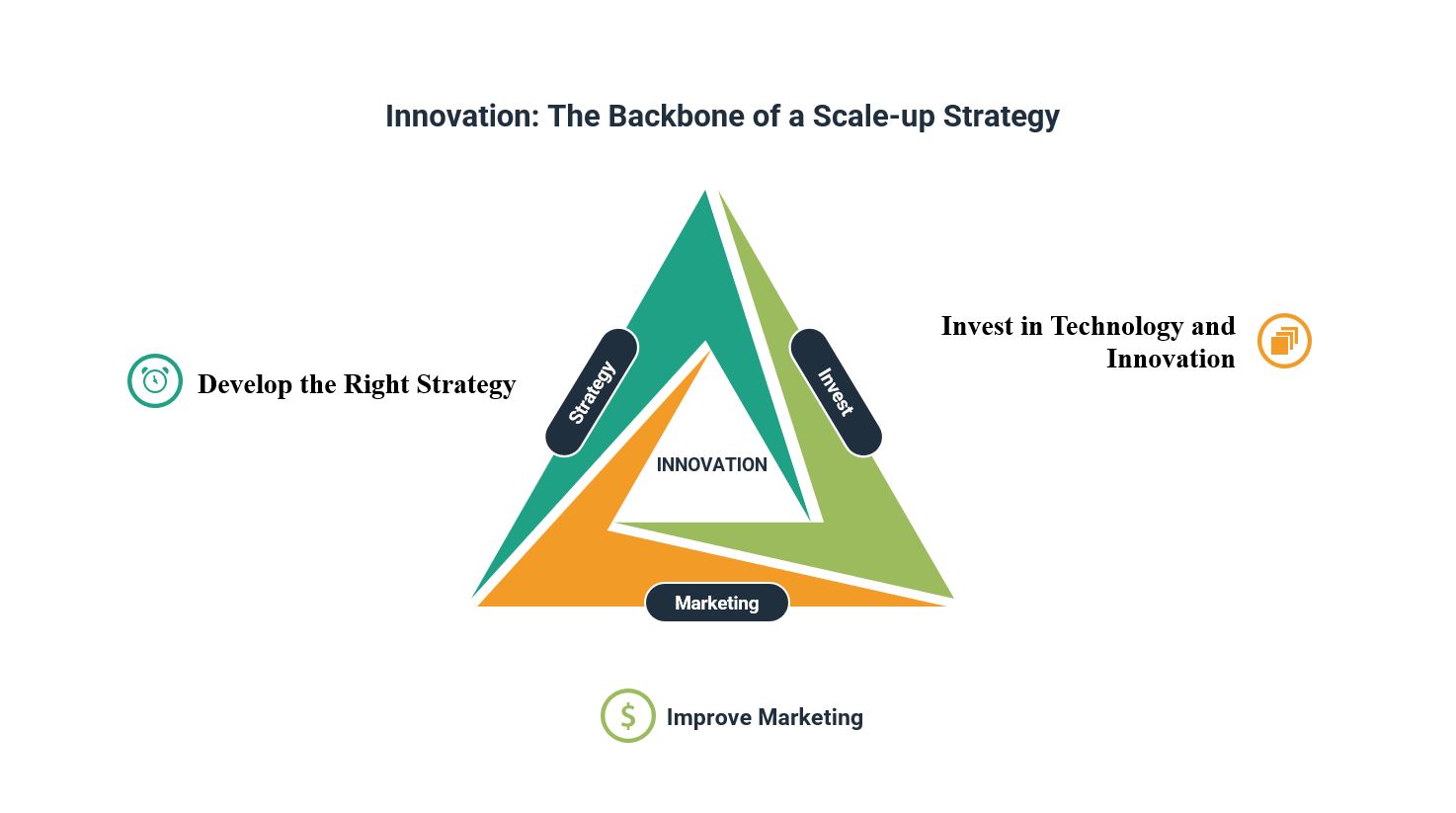Mental Health Literacy Education: A Comprehensive Guide

Table of Contents
The Importance of Mental Health Literacy Education
Mental health literacy empowers individuals to recognize, understand, and respond to mental health concerns effectively. It reduces stigma and promotes help-seeking behaviors, leading to significantly better outcomes for individuals and communities. Investing in mental health literacy is an investment in a healthier society.
-
Improved early identification of mental health issues: Early intervention is crucial for better treatment outcomes. Mental health literacy equips individuals to recognize warning signs in themselves and others, leading to earlier diagnosis and treatment. This is particularly vital for conditions like depression and anxiety, where early intervention can significantly impact the trajectory of the illness.
-
Reduced stigma surrounding mental illness: One of the biggest barriers to seeking help is the stigma associated with mental health conditions. Mental health literacy education helps to dismantle these harmful stereotypes by promoting understanding and empathy. Open conversations and shared experiences are vital in challenging the stigma.
-
Increased help-seeking behaviors among individuals and families: When people understand mental health conditions better, they are more likely to seek professional help for themselves or their loved ones. This increased help-seeking behavior translates to earlier intervention and better overall outcomes.
-
Enhanced support for individuals living with mental health conditions: A mentally healthy community is one that provides support and understanding to those struggling with mental health. Mental health literacy education fosters empathy and compassion, leading to more inclusive and supportive environments.
-
Creation of more supportive and understanding communities: By fostering a culture of understanding and acceptance, mental health literacy education helps build communities where individuals feel comfortable seeking help and supporting those around them.
Key Components of Effective Mental Health Literacy Programs
Successful mental health literacy programs utilize a multi-faceted approach to deliver information and foster genuine understanding. A holistic approach is key to achieving lasting impact.
-
Curriculum Development: Effective programs require age-appropriate and culturally sensitive materials. The curriculum should cover a range of common mental health conditions, including anxiety disorders, depression, PTSD, and others, presented in an accessible and engaging way. It's important to tailor the curriculum to different age groups and cultural contexts.
-
Teacher Training: Equipping educators with the knowledge and skills to deliver the curriculum effectively is paramount. This includes training on how to address sensitive topics, create a safe learning environment, and connect students with appropriate resources. Ongoing professional development is vital.
-
Community Engagement: Involving families, community leaders, and mental health professionals ensures a comprehensive and sustainable approach. Collaboration across sectors creates a strong network of support for individuals and families.
-
Accessible Resources: Providing readily available information through various channels—online platforms, printed materials, workshops, and community events—increases accessibility and reach. Consider diverse learning styles and preferences when designing resources.
-
Evaluation and Feedback: Regular assessment is crucial to measure program effectiveness and identify areas for improvement. Feedback from participants, educators, and community members helps refine programs and ensure they meet the needs of the community.
Addressing the Stigma Surrounding Mental Health
Stigma remains a significant barrier to seeking help. Education plays a vital role in dismantling it and fostering a culture of acceptance.
-
Promoting open conversations about mental health: Normalizing conversations about mental health destigmatizes it. Encourage open dialogue in homes, schools, and workplaces.
-
Sharing personal stories and experiences to humanize mental illness: Hearing firsthand accounts helps break down stereotypes and foster empathy. Sharing personal stories can be empowering and create a sense of community.
-
Challenging negative stereotypes and misconceptions: Actively challenge negative beliefs and stereotypes about mental illness. Replace them with accurate information and positive narratives.
-
Highlighting the success stories of individuals recovering from mental health conditions: Showcasing recovery journeys provides hope and inspiration. Focus on resilience and recovery.
-
Emphasizing that mental health is as important as physical health: Promote the message that mental and physical health are interconnected and equally important.
Promoting Help-Seeking Behaviors and Access to Resources
Knowing where to find help is critical. Mental health literacy education must provide clear pathways to support.
-
Providing a directory of mental health resources: A readily accessible directory of hotlines, helplines, therapists, support groups, and online resources is essential. Include contact information and a brief description of the services offered.
-
Explaining different treatment options: Offer clear explanations of various treatment options, such as therapy (CBT, DBT, etc.), medication, and self-help strategies. Emphasize that treatment is personalized.
-
Highlighting the importance of seeking professional help when needed: Emphasize that seeking professional help is a sign of strength, not weakness. Encourage early intervention.
-
Educating on recognizing warning signs and seeking support for others: Empower individuals to identify warning signs in themselves and others and to take appropriate action.
-
Emphasizing the benefits of early intervention and proactive mental health care: Promote the message that early intervention leads to better outcomes and that proactive mental health care is essential for overall well-being.
Conclusion
Investing in mental health literacy education is crucial for creating healthier, more supportive communities. By understanding the key components of effective programs, addressing stigma, and promoting help-seeking behaviors, we can empower individuals to prioritize their mental well-being and seek assistance when needed. Let's work together to improve mental health literacy education and build a future where everyone feels supported and understood. Learn more about how you can contribute to improving mental health literacy today!

Featured Posts
-
 East Palestine Train Derailment Prolonged Exposure To Toxic Chemicals In Buildings
May 02, 2025
East Palestine Train Derailment Prolonged Exposure To Toxic Chemicals In Buildings
May 02, 2025 -
 Us China Trade War Analyzing Beijings Attempts At Damage Control
May 02, 2025
Us China Trade War Analyzing Beijings Attempts At Damage Control
May 02, 2025 -
 Unlock All Fortnite Tmnt Skins The Ultimate Guide
May 02, 2025
Unlock All Fortnite Tmnt Skins The Ultimate Guide
May 02, 2025 -
 Tulsas Winter Road Maintenance A 66 Truck Operation
May 02, 2025
Tulsas Winter Road Maintenance A 66 Truck Operation
May 02, 2025 -
 How To Build A Mentally Supportive Community 5 Practical Steps
May 02, 2025
How To Build A Mentally Supportive Community 5 Practical Steps
May 02, 2025
Latest Posts
-
 Edmonton School Projects 14 Initiatives To Proceed Rapidly
May 10, 2025
Edmonton School Projects 14 Initiatives To Proceed Rapidly
May 10, 2025 -
 Understanding The Impact Of Federal Riding Changes In Greater Edmonton
May 10, 2025
Understanding The Impact Of Federal Riding Changes In Greater Edmonton
May 10, 2025 -
 Edmonton Unlimiteds Global Impact Strategy Scaling Tech And Innovation
May 10, 2025
Edmonton Unlimiteds Global Impact Strategy Scaling Tech And Innovation
May 10, 2025 -
 Federal Riding Boundary Changes Their Effect On Edmonton Area Voters
May 10, 2025
Federal Riding Boundary Changes Their Effect On Edmonton Area Voters
May 10, 2025 -
 Edmonton Unlimiteds New Tech And Innovation Strategy Scaling For Global Impact
May 10, 2025
Edmonton Unlimiteds New Tech And Innovation Strategy Scaling For Global Impact
May 10, 2025
